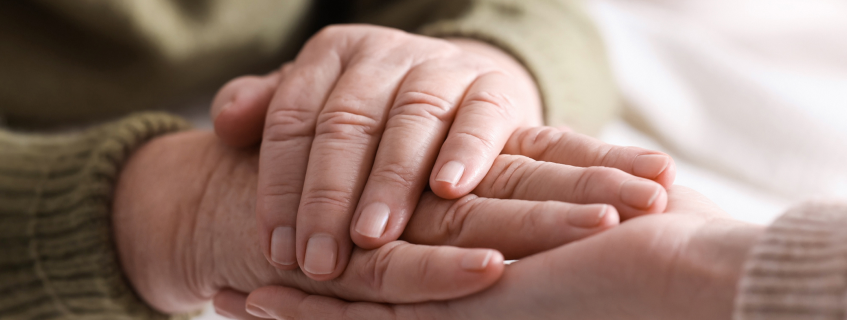Home | About CMHA | History
History
In the early 1980’s CMHA, Manitoba Division wanted to create a strong Winnipeg Regional office.
Members were recruited for a board and work began on determining the priority mental health issues for Winnipeg.
In 1984 the CMHA, Winnipeg Region was formally incorporated. In keeping with the Board’s perspective on the need to improve the quality of services available the agency began by exploring creative service options.
The agency conducted research and found that housing was one of the most critical needs of persons living with serious mental health problems.



The Supportive Housing Program was then developed and was based on the principles of choice and control and in integrated community housing. It evolved into the Options in Support and Housing program in 1992 changing from a cooperative housing model to individualized support and a full range of housing options in the community.
A second area of major importance for the agency was the area of advocacy and the rights of consumers. In 1987 a Mental Health Advocate Service was established and by 1993, included a 14-week skill development program called the Personal Empowerment Program which trained 30 people each year.
Meaningful employment is one of the most important factors in a person’s level of life satisfaction and yet it was an area that the mental health system hadn’t responded to in a significant way.
In 1991 a supported employment program, Employment Dimensions began operation and assisted people to choose, get and keep employment in the competitive workplace.
In recent years the Options In Support and Housing program and Employment Dimensions were separately managed and funded.
In an effort to create a more comprehensive service, where participants could work on any goal in the areas of living, learning and working the two programs amalgamated in 2004 under the name Rehabilitation and Recovery Service.

Public education has always played a significant role in CMHA, Winnipeg Region’s activities. Through public presentations, training, Mental Health Week, the distribution of brochures and other material there is a promotion of awareness and understanding of mental illness in the community.
Since its formation CMHA, Winnipeg Region has contributed to and participated in numerous coalitions and working groups in the area of mental health, housing, employment and disability issues with the goal to improve the quality of life for people living with serious mental health problems.
Within the various roles and projects it has undertaken CMHA has remained true to its belief in choice, respect, personal growth and recovery.

